If you plan to stay for longer than 6 months, you should strongly consider opening a bank account in Vietnam in order to reduce fees at both ends on ATM withdrawals, and to give yourself greater access across the country to money. You can also time your money movements with swings in the exchange rate more easily this way. Find our guide to opening a bank account in Vietnam below, and for general banking information see our info on Banks & Post Offices.
Main Banks in Vietnam
Some general guidance – call or visit the banks for more detailed and up-to-date information.
Asia Commercial Bank (ACB)
You will need to submit your passport with Vietnamese visa stamp (minimum 6 months) and ACB application form. The minimum initial deposit 50,000VND. In order to deposit VND into the account, you’ll also need to have a payslip and labor contract proving the source of the funds. Proof of origin is not generally required for remittances from your home bank overseas. (See the Frequently Asked Questions section below for more.)
ACB charges non-clients with overseas foreign-currency bank accounts a 3% fee for VND withdrawals from their ATMs. The ATM withdrawal limit is 5,000,000 VND per transaction.
Telephone: 1 900 545 486, or (+84 ) 28 38247 247
Website: ACB
Techcombank
Techcombank also offers competitive services. To apply, you need to present a valid passport or ID card, 12-month visa, and a signed application form. The minimum initial deposit is 50,000VND. Foreign non-clients are charged a 3% fee for VND ATM withdrawals and have a daily VND withdrawal limit of 30 million VND.
Telephone: 1 800 588 822
Website: Techcombank
Vietcombank
Vietcombank has the most extensive network of branches and ATM machines. To open a bank account in Vietnam with them, you will need to submit 3 copies of both ‘Application for Account’ and your passport with the Vietnamese visa stamp, with a duration of at least 12 months. The same rules and restrictions as ACB apply for VND deposits and foreign remittances. The minimum initial deposit amount is 50,000VND.
You may also need to maintain a minimum balance required by the bank at the time (it’s not a large amount). It is probably better to go in personally to open a bank account as the website (even with English translation) can be a bit difficult to follow. However, using the website for normal transactions is very easy (though you may need a little help to start with).
Foreign non-clients are charged a 3% fee for ATM VND withdrawals and can withdraw up to 5 million VND per transaction.
Telephone: 1 900 545 413
Website: Vietcombank
MB Bank (Military Bank)
It’s possible to open an account using a 3-month tourist visa. You’ll need your passport, a valid 3-month visa and your address.
If you don’t speak Vietnamese, it’s advisable to have a native-speaker with you when you open your account.
After you’ve completed your paperwork, your debit card should be ready in approximately 7 days.
Foreign non-clients are charged a 3% fee and have a 20 million VND daily withdrawal limit.
Telephone: 1 900 545 426, or internationally at +(84-24) 3767 4050
Website: MB Bank
Sacombank
You will need to bring your passport with a valid 6-month visa, as well as the requisite signed application forms. The minimum initial deposit is 50,000 VND.
Foreign non-clients are charged 40,000 VND for withdrawals and are limited to 10 milion VND per transaction.
Telephone: 1900 5555 88
Website: Sacombank
HSBC Vietnam
You will need a passport with a valid 12-month visa and the requisite appliacation forms to open an account. The miimum initial desposit is 3 million VND.
Foreign non-clients are charged a 3% fee for VND withdrawals from HSBC ATMs, and have a daily withdrawal limit of 50 million VND.
Telephone: (+84 24) 62 707 707 (northern Vietnam), or (+84 28) 37 247 247 (southern Vietnam)
Website: HSBC Vietnam
Two other prominent banks are VietinBank and DongA Bank.
NOTE: These aren’t the only options for opening a bank account in Vietnam so feel free to explore further – simply by dropping in to any branch with English services in your location – but be careful of the reach and services available from the smaller banks who may be tempting you with more attractive interest rates. Also, in Vietnam, smaller banks are not as safe as they are in the West.

Frequently Asked Questions
I was told you need to show your Vietnamese address and passport when opening a bank account in Vietnam. Is this right?
Some banks don’t require this, while others do. Sometimes there’s no rhyme or reason and they ask for it anyway. Bring documentation of a permanent address in Vietnam with you, like a house rental contract or something from your homestay, if possible.
Can I transfer money via the Internet from my Australian bank account to my Vietnamese bank account?
Yes, no problem. Your Australian (or other foreign) bank will convert your Aussie currency into VND and the transaction is very smooth. Probably the fastest and cheapest way to transfer money internationally, though, is with TransferWise. They allow direct debit transfers, credit card purchases of foreign currency, wire transfers, and online debit payments, and offer significantly better rates than the big banks. Depending on the method of payment used, TransferWise can complete international transfers instantaneously or within hours or days. Alternatively, check out CurrencyFair.
Can I open an Australian or American Dollar account in Vietnam?
Yes, you can open foreign-currency accounts. Hoi An Now, for example, has USD, AUS, and VND accounts with Vietcombank. All banks have different rules, though, so check which foreign currencies they allow. If you are bringing foreign currency to Vietnam and plan to deposit it in a Vietnamese bank account, however, note that some banks may require proof of how that money was earned – i.e., your labour contract or payslip. See the next question for more on this.
My bank won’t let me make cash deposits without a work permit or contract. Are there any that do?
Most banks will question cash deposits and will demand proof of origin such as a salary slip or some form of description to say how the cash was made. Sacombank, however, will allow you to deposit cash without asking questions. Nevertheless, always make sure. If you have any issues depositing cash, ask a Vietnamese friend to do it for you.
What’s the best way to bring money from overseas? If the banks at home convert it first they always give you a terrible rate of exchange.
The best way to maximize your money is to exchange it in Vietnam. For example, Hoi An Now transfers Aussie dollars into their Aussie Dollar account at Vietcombank. We then transfer it into our VND account on a day the exchange rate is good. Alternatively, if you have a trustworthy Vietnamese friend, you could use TransferWise or CurrencyFair to transfer your foreign funds into their VND account, which they could then withdraw for you.
Any other tips on opening a bank account in Vietnam or other money matters?
When going to the bank, always bring your passport with you, no matter the transaction. (And when leaving the bank, always make sure you haven’t forgotten it!)
When you open your account, opt, if possible, for a Visa Debit card rather than standard bank card! The Vietcombank Visa Debit card, for example, can be used for on-line and over-the-counter transactions as well as ATM withdrawals overseas.
Some debit and credit cards, depending on the country they’re from and the company they’re issued by, will work only in ATM machines with the ‘PLUS’ logo. MB Bank ATMs should work. Check this site to locate PLUS-compatible ATMs, and make sure to call your bank or card issuer to find out if your card is restricted in this way.
Updated 27.5.2020
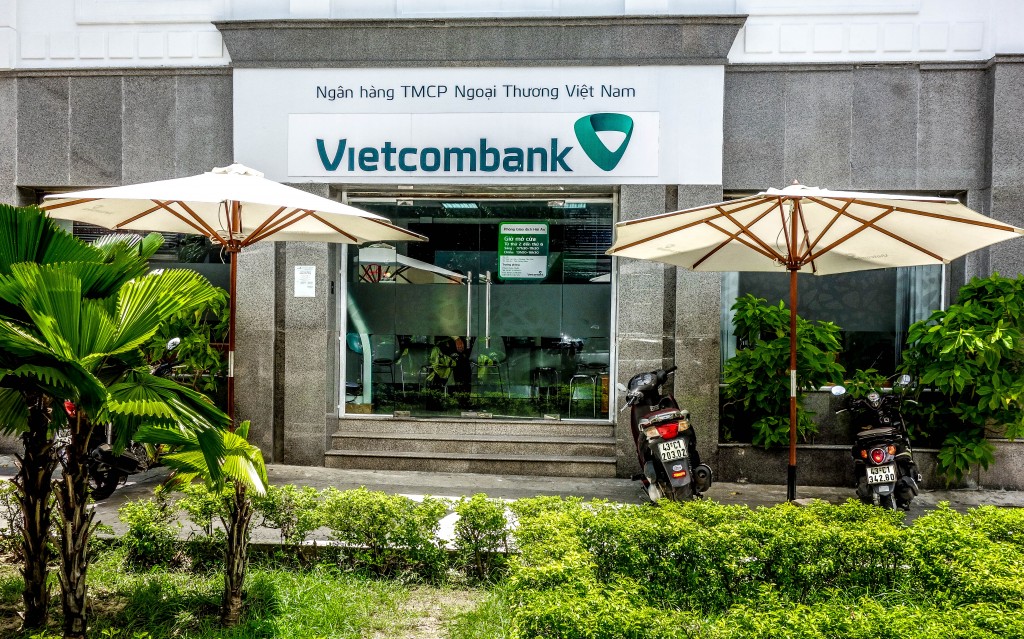
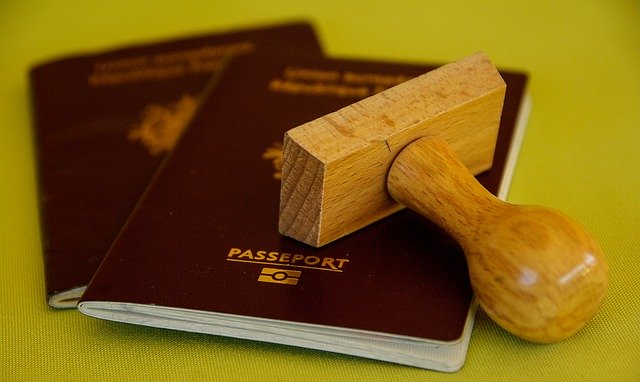
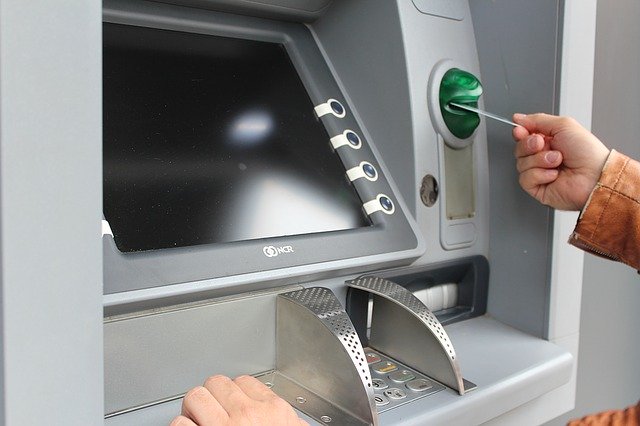
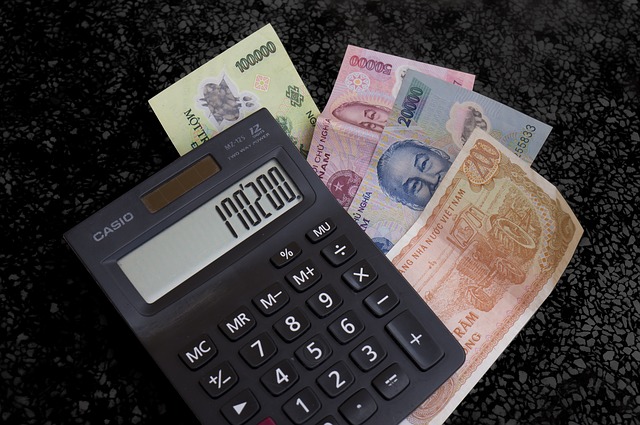

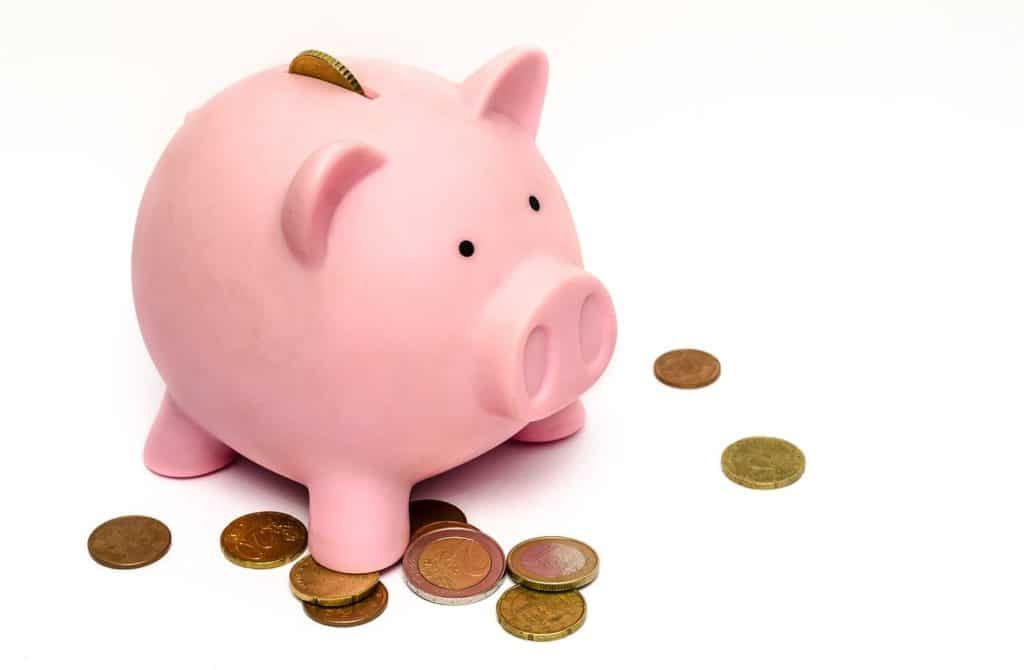

Dear Sirs,
I am writing to request for information on the possibilities of opening an Online account which :-
1. can be opened in my absence
2. I can deposit and withdraw from anywhere.
3. I would receive my credit/debit cards
4. be the only one able to access and operate said account.
5. Is this possible at the Military Bank? (name any other banks where this is possible)
Yours sincerely
Dear Elisio, Normally foreigners need to be present and have various credentials like a work permit, a residency card or a at least a 3-month business visa. Having said that, the rules change all the time and differ from bank to bank. To explore your five requirements you will need to talk/write to a bank directly. We suggest you start with the first requirement – can be opened in your absence – as that looks like the most problematic, and if you can’t get over that hurdle the rest doesn’t matter.